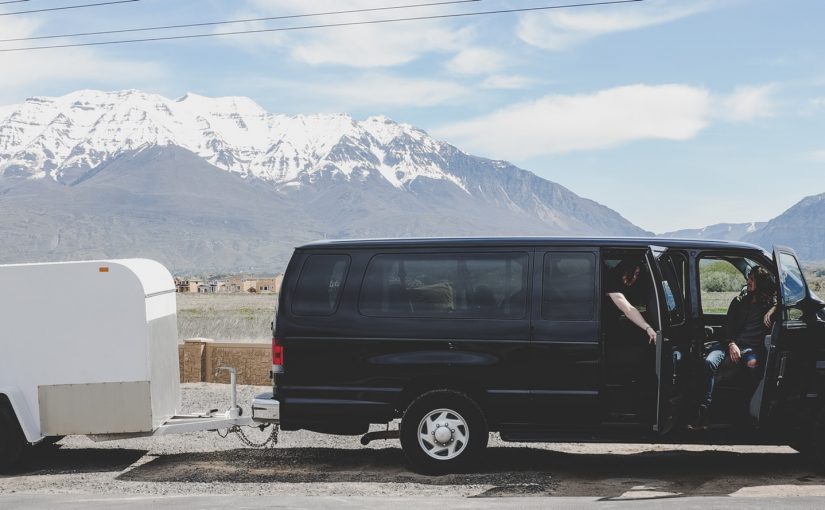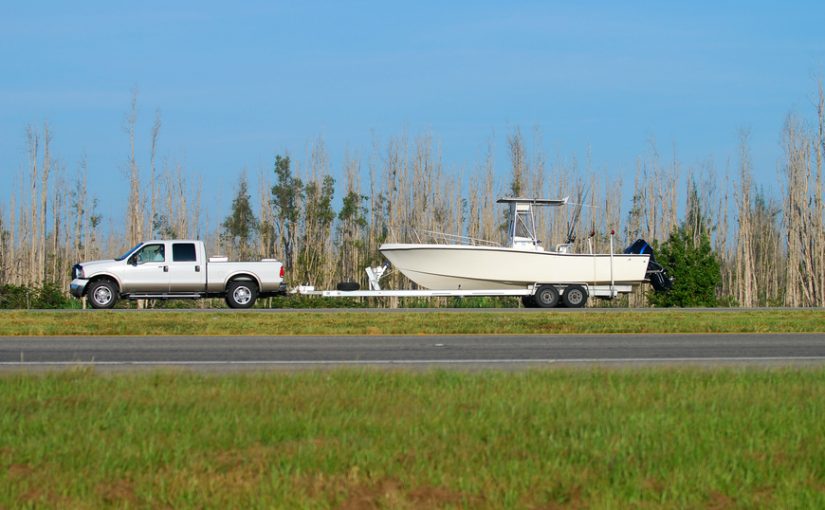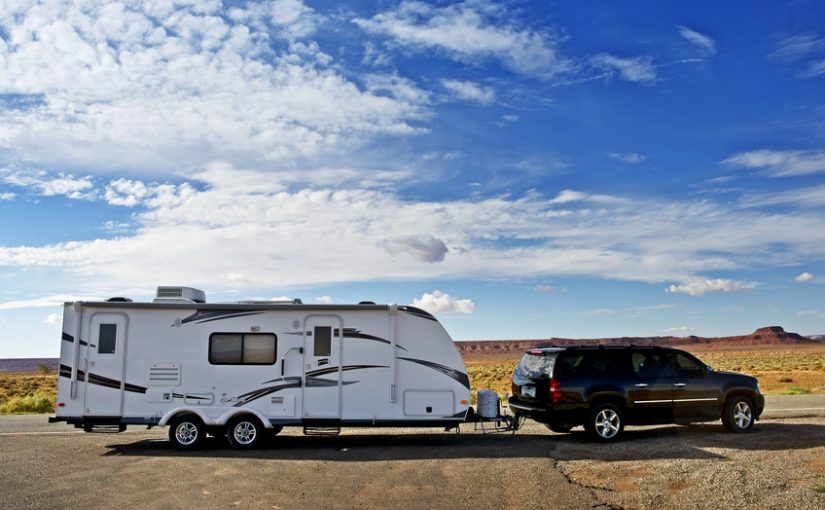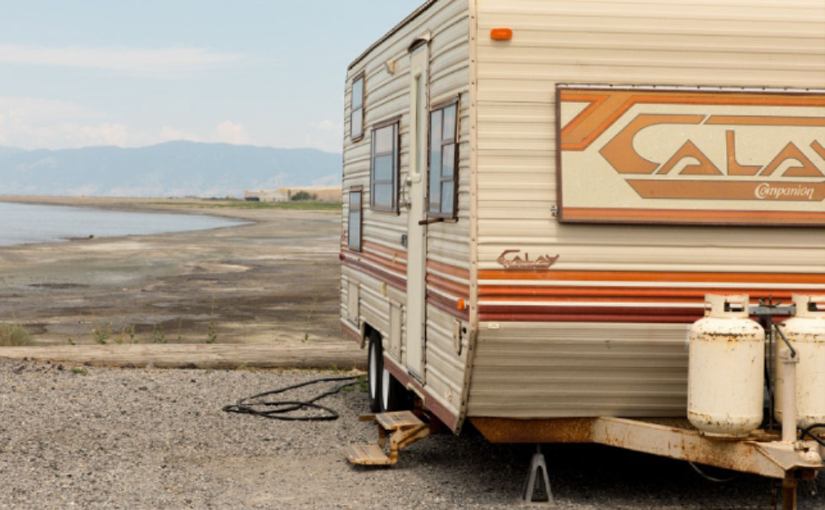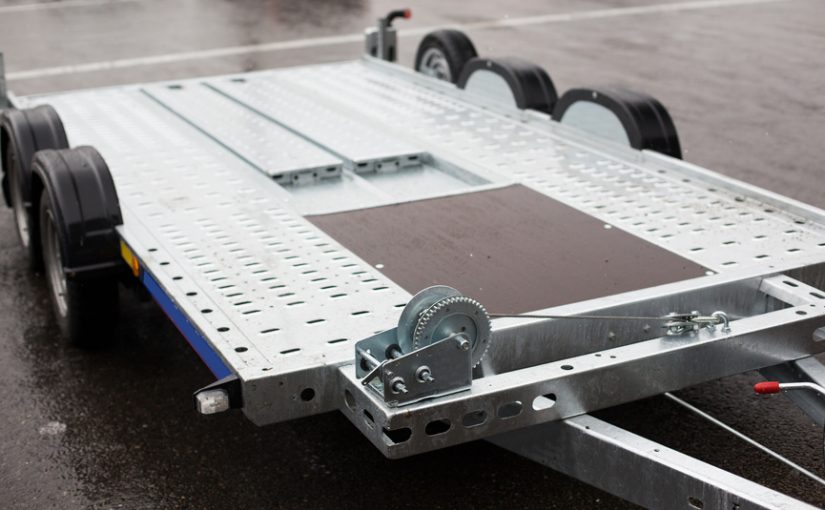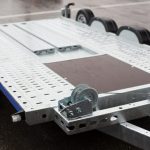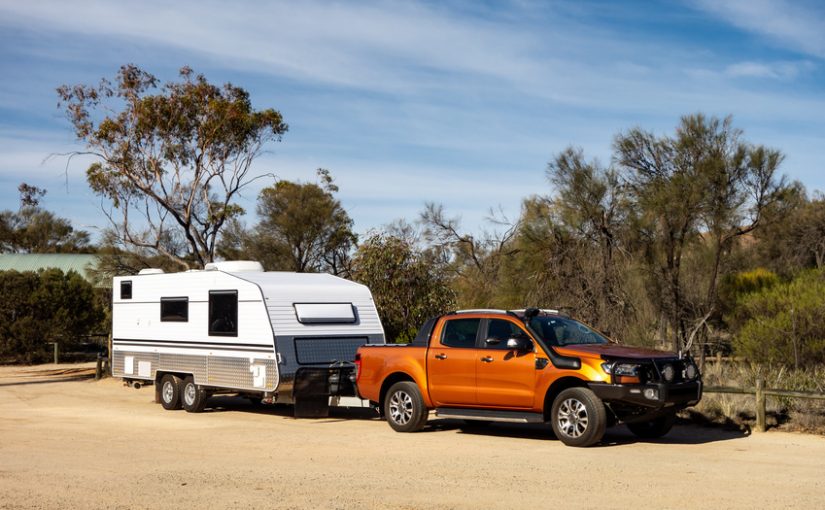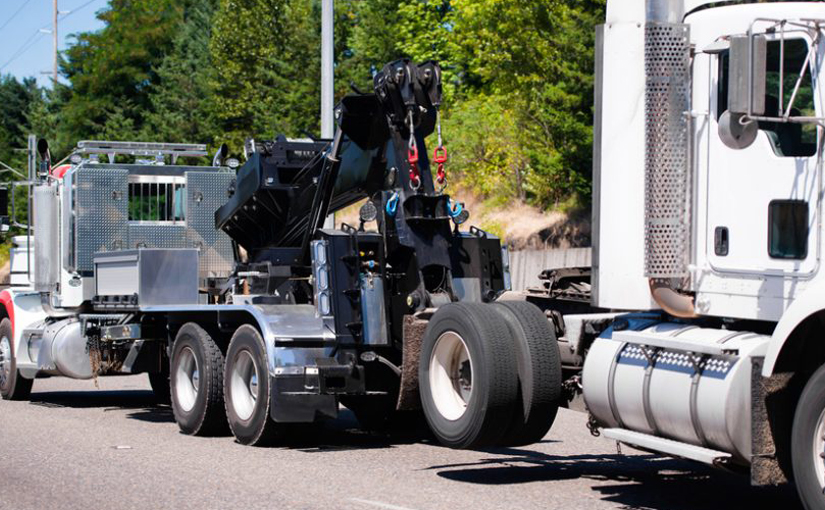
A lot of power is required to bring a tow vehicle and trailer to a complete stop and cannot be accomplished by the tow vehicle’s brakes alone. Trailer brake systems and brake controllers are required to help stop your vehicle and trailer safely. If you RV is motorized you don’t need to install brake controllers but is required if you have a towable RV or trailer that has to be fixed on another vehicle such as a pickup truck or van.
What are brake controllers?
These devices are a system for trailer brakes that helps you operate your trailer brakes while driving the towing vehicle. There two main types of trailer brake systems:
Electric brakes
These brakes use electrical power from the tow vehicle to activate the brake drums. The brake controller wiring is connected to the tow vehicle and programmed to activate the trailer brake system when you step on the brake pedal. However, the electric brakes for the trailer are always activated first for safety during downhill and immediate stops.
Surge
The surge system for brake trailers is self-contained as it does not need an electrical or hydraulic connection from the tow vehicle. This trailer brake system works alongside the trailer’s momentum and weight. When you step on your tow vehicle brake’s, the trailer thrusts forward and compresses the hydraulic brake cylinder. This system does not require a trailer brake controller and is a bit riskier since there is a delay in braking, subsequently preventing the trailer from stopping right away.
Which is the best system for trailer brakes?
The electric trailer brake system is the best because of the following:
- The cost for parts is lower — Hydraulic surge brakes typically cost a lot more than electric brake components.
- Less Maintenance — In a hydraulic brake system, brake lines require maintenance after a collision and the brake assemblies and hydraulic actuator will need constant maintenance.
- Easy to install — Since the mid-1990s, most RVs, vans, and trucks are designed for use with electronic trailer brake controllers. They come with manufacturer-installed “plug and play” connectors under the dashboard for installation of standard electric brake controllers. Furthermore, trucks built in the last five years have a preinstalled electric brake controller.
No matter what you’re towing, make sure you’re prioritizing safety at all times. If you want to learn more about any of towing safety and brake controller systems, give Hawes Towing Electronics a call right away. Hayes Towing Electronics Products are Proudly Made in the U.S.A. and In-Stock!




